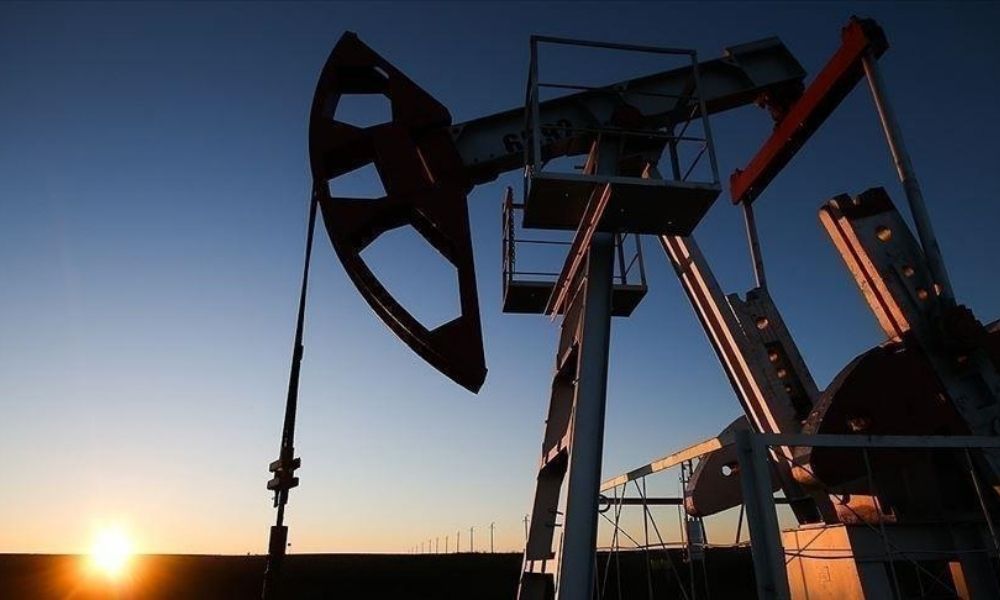
(Investing.com) Oil prices soared higher Monday as the Western powers' fresh sanctions levied on Russia intensified fears of disruptions to energy supplies from the world's second-largest crude producer.
By 5 AM ET (1000 GMT), U.S. crude futures traded 5.1% higher at $96.25 a barrel, while the Brent contract rose 5% to $98.81, after earlier jumping back above $100 a barrel.
U.S. Gasoline RBOB Futures were up 3.6% at $2.9791 a gallon.
The Western nations announced plans over the weekend to further sanction Moscow in response to Russia's continued bombardment of Ukraine, excluding some Russian banks from the SWIFT financial messaging system, used by most financial institutions around the globe for trillions of dollars worth of transactions.
"Whilst the U.S. has said that there will be exceptions made for Russian energy exports, the market is nervous given that sanctions are becoming increasingly restrictive," said analysts at ING in a note. "The growing risk of sanctions has reduced the appetite of many in the industry to commit to Russian oil."
Goldman Sachs responded to the news by lifting its one-month Brent crude oil price forecast to $115 a barrel from $95 per barrel previously. The influential investment bank adding demand destruction is the only thing that can stop oil shooting higher.
"Commodity markets need to reflect not only these difficulties in paying for Russia's exports but, with little left to sanction, the risk that Russian commodities eventually fall under Western restrictions," Goldman said.
Russia accounts for about 10% of the global oil supply. Any disruption to this supply is likely to severely hit a market that is already struggling to meet surging demand as countries reopen their economies with the influence of the COVID-19 pandemic passing.
Russian President Vladimir Putin raised the tensions further on Sunday by ordering his country's "deterrence forces," code for nuclear weapons, to be placed on high alert.
Concerns about global supply place this week's meeting of the Organization of the Petroleum Exporting Countries and allied producers, including Russia, firmly into focus.
There is likely to be some pressure on the group members, known as OPEC+, to increase output more aggressively when they meet on Wednesday, given the current situation in eastern Europe and the high price environment.
"However, comments from some OPEC+ members suggest that they will stick to increasing output by 400Mbbls/d since the current high price environment reflects geopolitical risks rather than supply and demand imbalances," said ING.
The extent to which Russia's move into Ukraine has upset the equilibrium in the energy markets was illustrated by BP's (LON: BP) announcement that it would exit its stake in oil giant Rosneft.
State-owned Rosneft accounts for around half of BP's oil and gas reserves and a third of its production. A sale of the 19.75% stake ends three decades of partnership between the two companies and will result in up to $25 billion.
This abrupt move puts the spotlight on other Western corporations with operations in Russia.